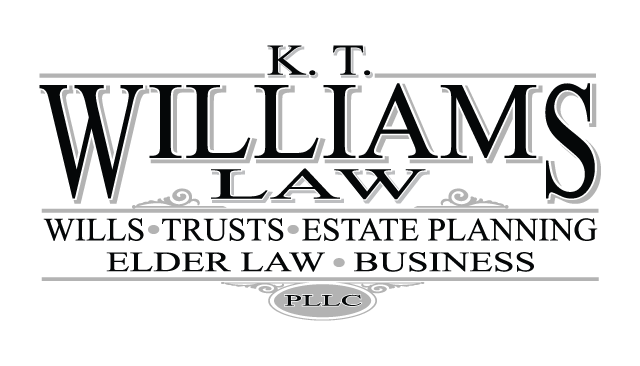Preparedness: Reminders from a Virus
The importance of being prepared is obvious. Most of us can easily explain why we should be prepared. With little effort, we can rattle off risks that we face on a regular basis, such as an automobile collision. Other risks might be less common, like the rogue Coronavirus (COVID-19) that is rapidly spreading. Nevertheless, what all these risks have in common is the importance of being prepared and of taking reasonable precautions to increase our safety and reduce our risks.
Preparedness applies just as strongly to your estate planning and asset protection concerns. Have you recently reviewed your beneficiary designations, your Trust, or your Last Will & Testament? Are you prepared if you or your spouse need nursing home care? How will you pay for it? Will your assets be protected or will they be used up? Is your Power of Attorney up to date and compliant with current law?
Review Your Beneficiary Designations Annually
You should review beneficiary designations for your accounts (bank, investment, and retirement accounts) and insurance policies regularly to verify they are correct. I’ve seen beneficiary designations that surprised the account owner or the insurance policy owner. They thought their spouse or child was the beneficiary, but instead, it was someone entirely different. And I’ve seen times when someone was certain they completed a beneficiary designation for an account or an insurance policy, but discovered that no beneficiary was ever listed. Checking your beneficiary designations is a simple precaution.
Keep Your Power of Attorney Up To Date
Your Power of Attorney names someone to be your helper. This helper is called your Attorney in Fact. Your Attorney in Fact will have the authority to handle personal matters for you, such as dealing with banks, financial institutions, credit card companies, insurance companies, and utilities. Your Attorney in Fact doesn’t have any more authority than you do. Instead, your Attorney-in-Fact simply has authority to provide assistance, but they can’t make you do anything that you don’t want to do.
Review your Power of Attorney to make sure the person you named as your Attorney in Fact is the person you still want helping you. Times change and people change. Someone new may be a better choice. Changing the Attorney in Fact is simple and much better than having a bad Attorney in Fact as your helper.
Also, laws change regularly, and the laws about a Power of Attorney have changed quite a bit in recent years. It is critical that you keep your Power of Attorney current and up to date so that your Attorney in Fact can fully help you. If your Power of Attorney is not current and up to date when its needed, will you be able to change it then? It’s unlikely because the Power of Attorney is needed most when we’re incapacitated in some way. We can’t change our Power of Attorney if we’re incapacitated.
Protect Your Assets From Nursing Home Costs
Most of us will require care in a nursing home. The cost of care in a nursing home ranges widely from region to region, but a conservative estimate places it at $7,500 – $8,000 per month. You worked hard for what you have. You don’t want to see it quickly consumed by the nursing home. Instead, you want to use it, and you want it to benefit your family. That can happen. But it’s not likely if you don’t prepare for the potential of these huge costs.
Preparing Ahead Doesn’t Have To Be Scary
Preparing for the future can seem scary at first. You may feel uncertain about what to do and how to do it. But preparing ahead removes the uncertainty. You just have to begin, to take that first step. You will feel relief that you started, and when you are finished, you will have peace of mind that you are prepared and ready.
We help people prepare for the future and experience that peace of mind every day. And we enjoy it. If you want to become better prepared, contact us for help.
